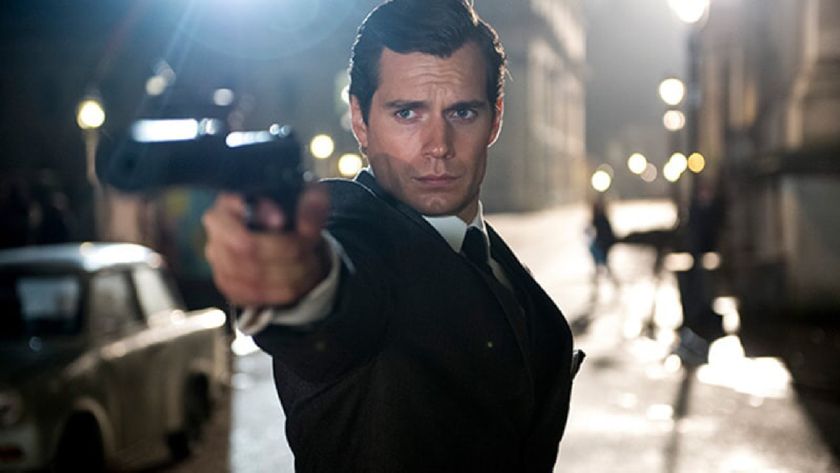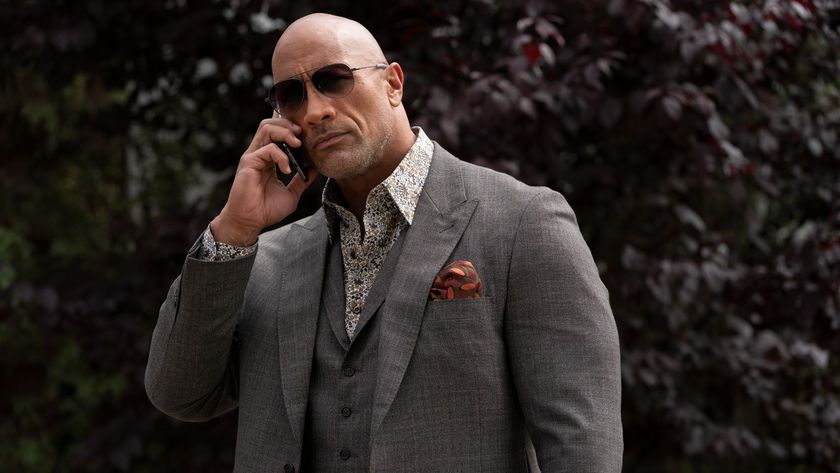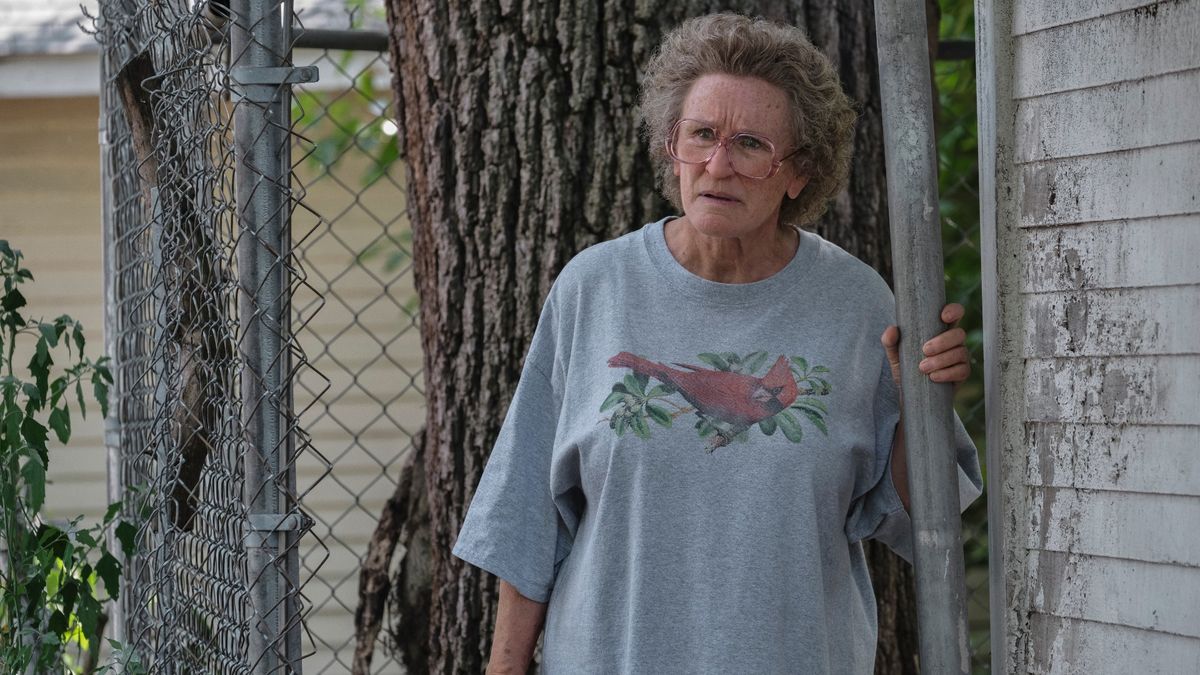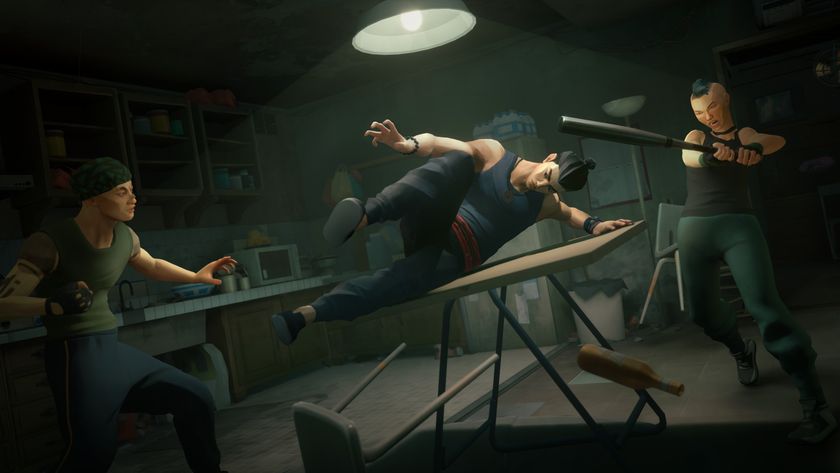12DOVE Verdict
Polished but pedestrian, Hillbilly Elegy is a boilerplate underdog tale that lacks bite – but gives good Glenn Close.
Why you can trust 12DOVE
The timing of Ron Howard’s classy yet unremarkable Hillbilly Elegy, an adaptation of J.D. Vance’s bestselling memoir charting his upward mobility from Ohio poverty to Yale law school, couldn’t be more pertinent, arriving as it does when we’re all unpacking President Trump’s legacy.
Published in 2016, Vance’s book seemed to explain the disenfranchisement of his ‘hillbilly’ community and the larger American white working class – who, he later extrapolated, made Trump president of the United States.
Vance explored the ethnography of Rust Belt America via memories of growing up in Middletown, Ohio and summers spent in the ancestral hills of Kentucky. But the screenplay by Vanessa Taylor (The Shape Of Water) re-frames the text as a treatise on the ultimate American dream – to make cash and contacts, work a trajectory from humble beginnings and succeed where previous generations have floundered.
Played as a child by Owen Asztalos and as an adult by Gabriel Basso, J.D. narrates his own tale, introducing us to his family holidaying in the Appalachians in 1997, then skipping forward to 2011, when he’s a Yale law student on the brink of a new life as a summer associate.
Called by his sister Lindsay (Haley Bennett) to return home and care for his addict mother Bev (Amy Adams), who has nearly overdosed, J.D. relives painful memories of his upbringing. Will the centrifugal force of his mother’s screw-ups derail his escape from his past?
A handsome film in Howard’s (perhaps too) safe hands, Hillbilly Elegy explores similar ground to the superior Winter’s Bone. There are also parallels with Sharp Objects, where Adams’ essayed a more acute take on Southern discomfort. What’s more, J.D.’s push/pull between his family/future doesn’t feel particularly urgent.
The real draw, then, is Glenn Close as J.D.’s chain-smoking, plain-talking Mamaw (grandmother). Delivering a performance as gloriously out-sized as her tees, Close steals focus in every scene with fearsome matriarchal power and tough love. A home-video end-title sequence shows just how much she nailed it… awards are inevitable.
Jane Crowther is a contributing editor to Total Film magazine, having formerly been the longtime Editor, as well as serving as the Editor-in-Chief of the Film Group here at Future Plc, which covers Total Film, SFX, and numerous TV and women's interest brands. Jane is also the vice-chair of The Critics' Circle and a BAFTA member. You'll find Jane on 12DOVE exploring the biggest movies in the world and living up to her reputation as one of the most authoritative voices on film in the industry.

After Amazon lands control of James Bond, Jeff Bezos turns to social media for ideas with predictable results as stans of all kinds swarm his replies: "Who’d you pick as the next Bond?"

Dwayne "The Rock" Johnson is set to lead Martin Scorsese's new movie, which is being described as Goodfellas meets The Departed
Most Popular





